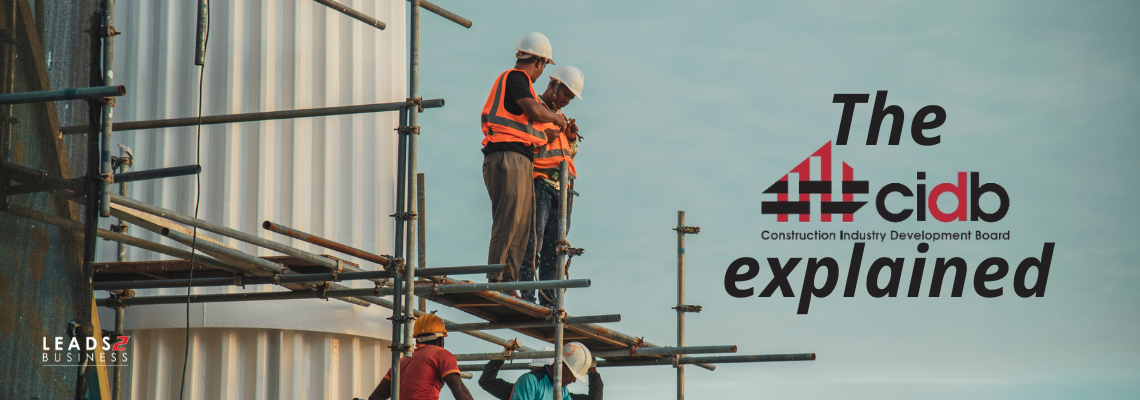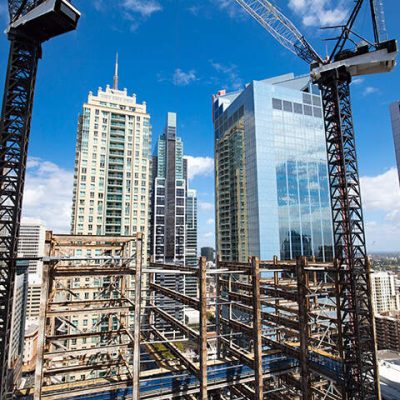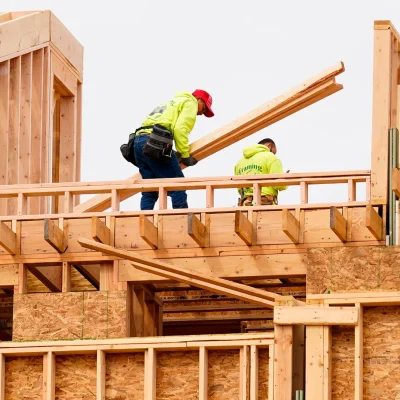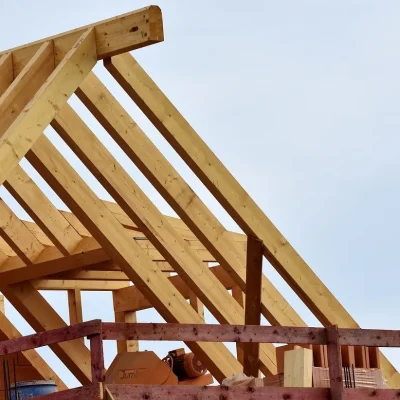
What is the CIDB?
The South African Construction Industry Development Board was established by an Act of Parliament, Act 38 of 2000. By going through the CIDB registration process, contractors’ capacity development, empowerment, industry performance and best practice are enhanced.
All contractors working in the public sector must register with the CIDB except subcontractors and joint ventures, however all JV partners must be individually registered. Home builders are regulated by the National Home Building Council (NHBRC), so they do not have to register with the CIDB board.
How is a CIDB grading determined?
It’s all about the amount of money the contractor has in his financial books, but includes their work experience. As the contractor’s bank account improves he can apply for a higher grading of CIDB with the CIDB Board. The grading helps to determine the maximum value a contractor can comfortably fulfill. CIDB registered companies are assigned a unique identify known as a CRS number. A CIDB grade is represented by one digit and two letters. A higher grading number means an increased tender value. Grade 9, for example, means the contractor does not have a limit to the amount and value of work they can do and is the highest grade available. There are no qualifying criteria for grade 1. When grading between levels 2 and 9, the board looks at the projects a contractor has completed in the last 5 years and their available capital. Contractors can be graded as sole proprietors, partnerships, companies, or corporations. Each CIDB grade is valid for 3 years from date of registration. After 3 years, a contractor needs to renew their application and this can be done online. Every 6 years, a contractor must prove that they still meet the relevant criteria to remain in a particular grade by submitting the necessary supporting documentation for evaluation by the CIDB Board. During the 3 year validity period, a grade must be updated annually, and the contractor must pay the applicable annual fee (The admin fee is payable every 3 years). A CIDB grade that has not been updated for two consecutive years is suspended on the CIDB register. Annual updates do not apply to Grade 1 contractors. The subscription amount varies depending on the grade and whether it is a new application or renewal. A company can apply for multiple CIDB gradings e.g. CIDB 9GB and CIDB 6EP. In the case of multiple gradings, they will pay the admin fee for each grade and the annual fee for the highest grade only. A contractor must have a valid CIDB rating in order to bid on a contract that has a CIDB rating specified. It takes 21 working days to be registered on the CIDB website. The board does not print registration certificates and the name of the contractor is published on the website once grading is awarded. Clients can verify grading as well as the status of a contractor’s registration on the website.
CIDB costs (as at February 2024)
|
CIDB |
Admin Fee |
Annual Fee |
|
1 |
R450 |
R0 |
|
2 |
R450 |
R250 |
|
3 |
R750 |
R350 |
|
4 |
R750 |
R900 |
|
5 |
R750 |
R1750 |
|
6 |
R750 |
R3500 |
|
7 |
R750 |
R9000 |
|
8 |
R750 |
R29000 |
|
9 |
R750 |
R55000 |
Work permits from the Labour Department
Public projects – any project exceeding the value of R13 million must have a work permit
Private projects – any project exceeding the value of R65 million must have a work permit
The work permit is applied for from the Labour Department by the Health and Safety company/officer appointed on the contract.
What are the different CIDB classes?
GB – General Building
CE – Civil Engineering
ME – Mechanical Engineering
SB – Asphalt Works (supply and lay)
SC – Building Excavations, shaft sinking, lateral earth support
SD – Corrosion protection (cathodic, anodic and electrolytic)
SE – Demolition and blasting
SF – Fire prevention and protection systems
SG – Glazing, curtain walls and shop fronts
SH – Landscaping, irrigation and horticulture works
SI – Lifts, escalators and travellators (installation, commissioning and maintenance)
SJ – Piling and specialised foundations for building and structures
SK – Road markings and signage
SL – Structural steelwork fabrication and erection
SM – Timber buildings and structures
SN – Waterproofing of basements, roofs and walls using specialist systems
SO – Water supply and drainage for buildings (wet services, plumbing)
SQ – Steel security fencing or precast concrete
To view more Articles, please visit our Leads 2 Business Blog.
If you are interested in becoming one of our subscribers, please visit Leads 2 Business.
To view notes with screenshots on how to use our website, please visit Leads 2 Business Wiki.
About Debbie Wessels
I started at Leads 2 Business in April 2008 in the tenders Department and transferred to the Projects Department during the same year. I was appointed Head of Department for Projects from February 2011 to March 2022. April 2022 I started a new adventure as Content Regulator.










Leave a Reply